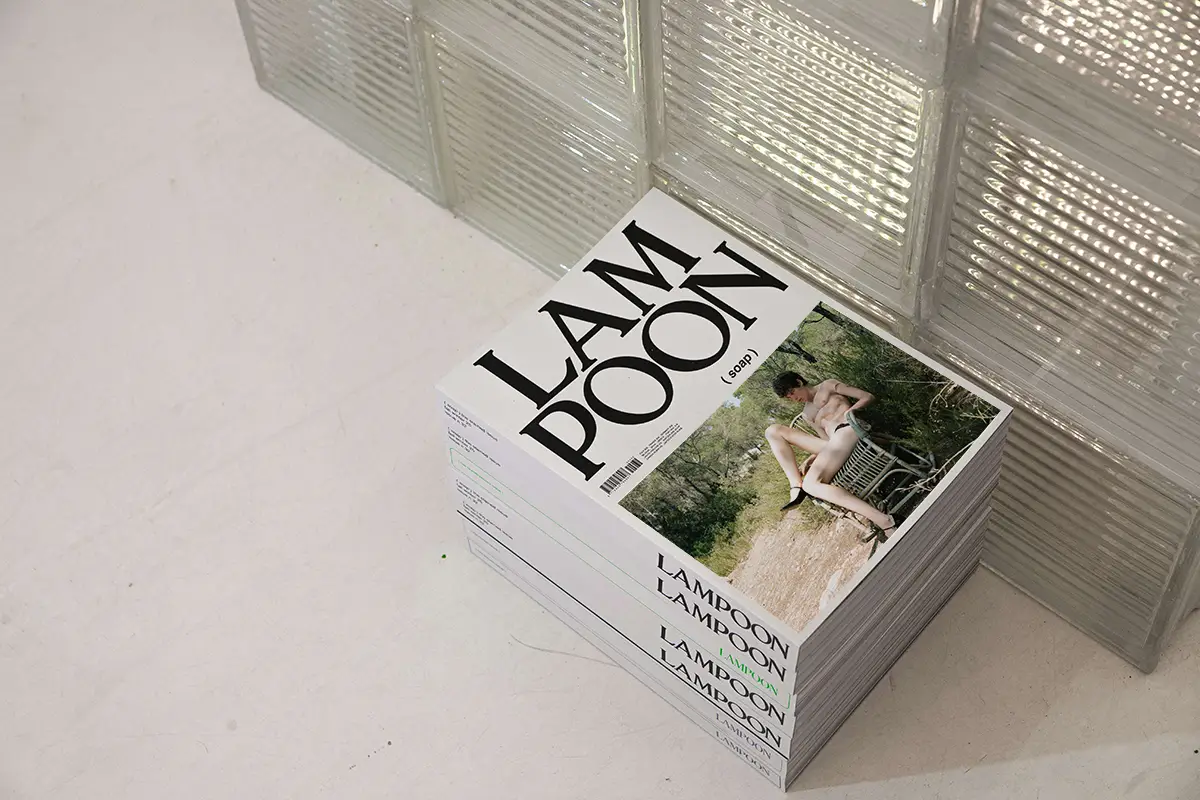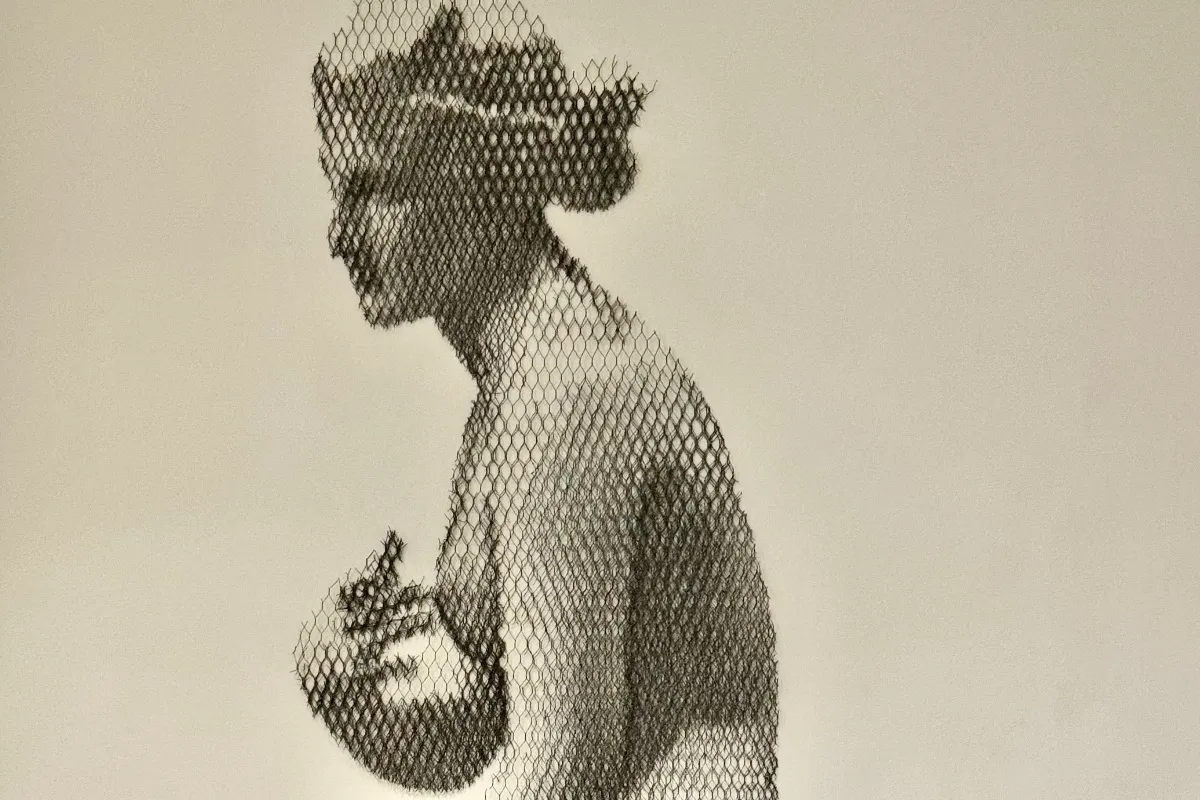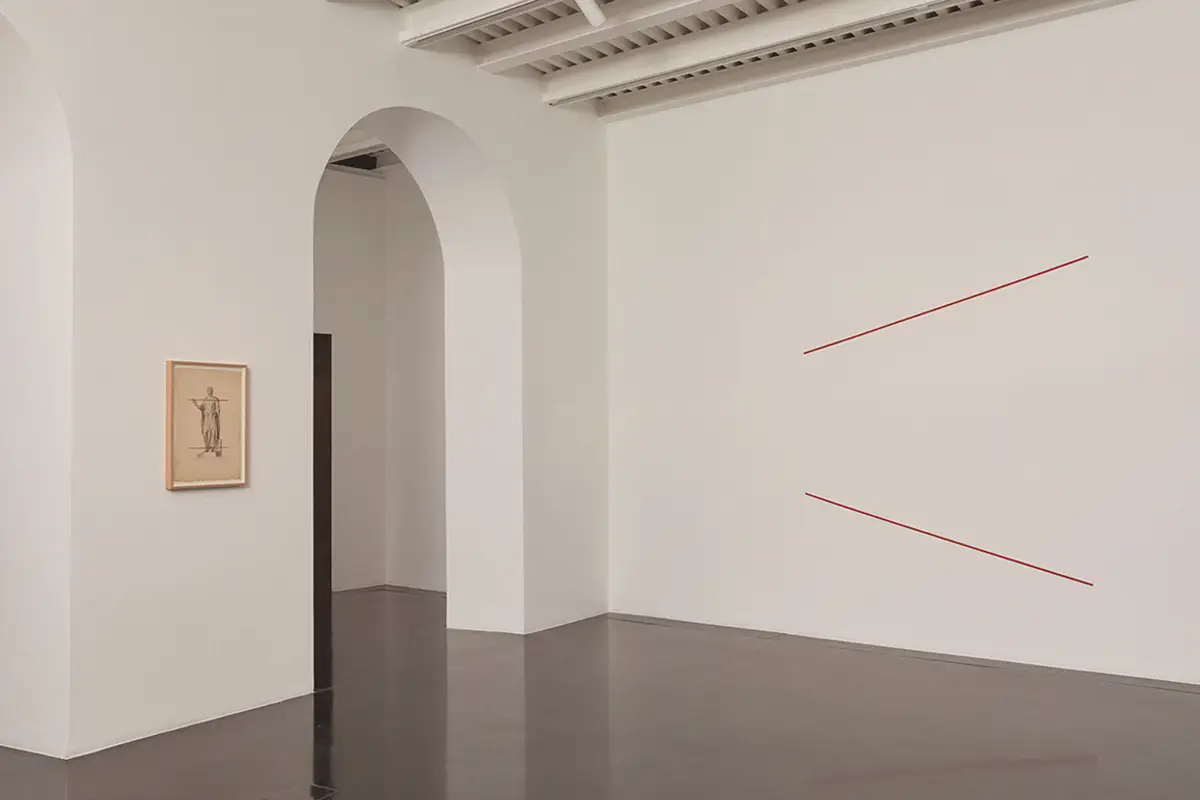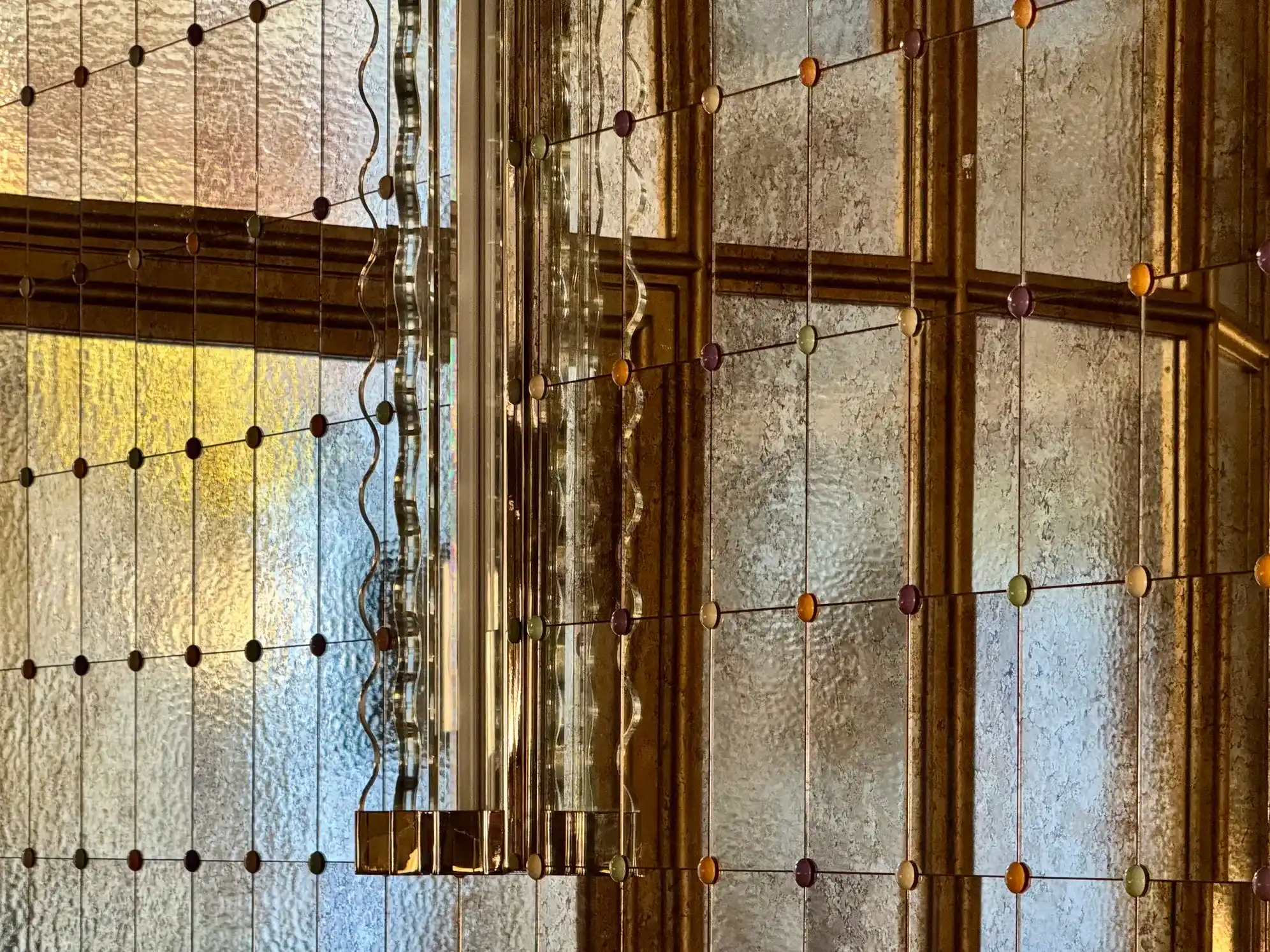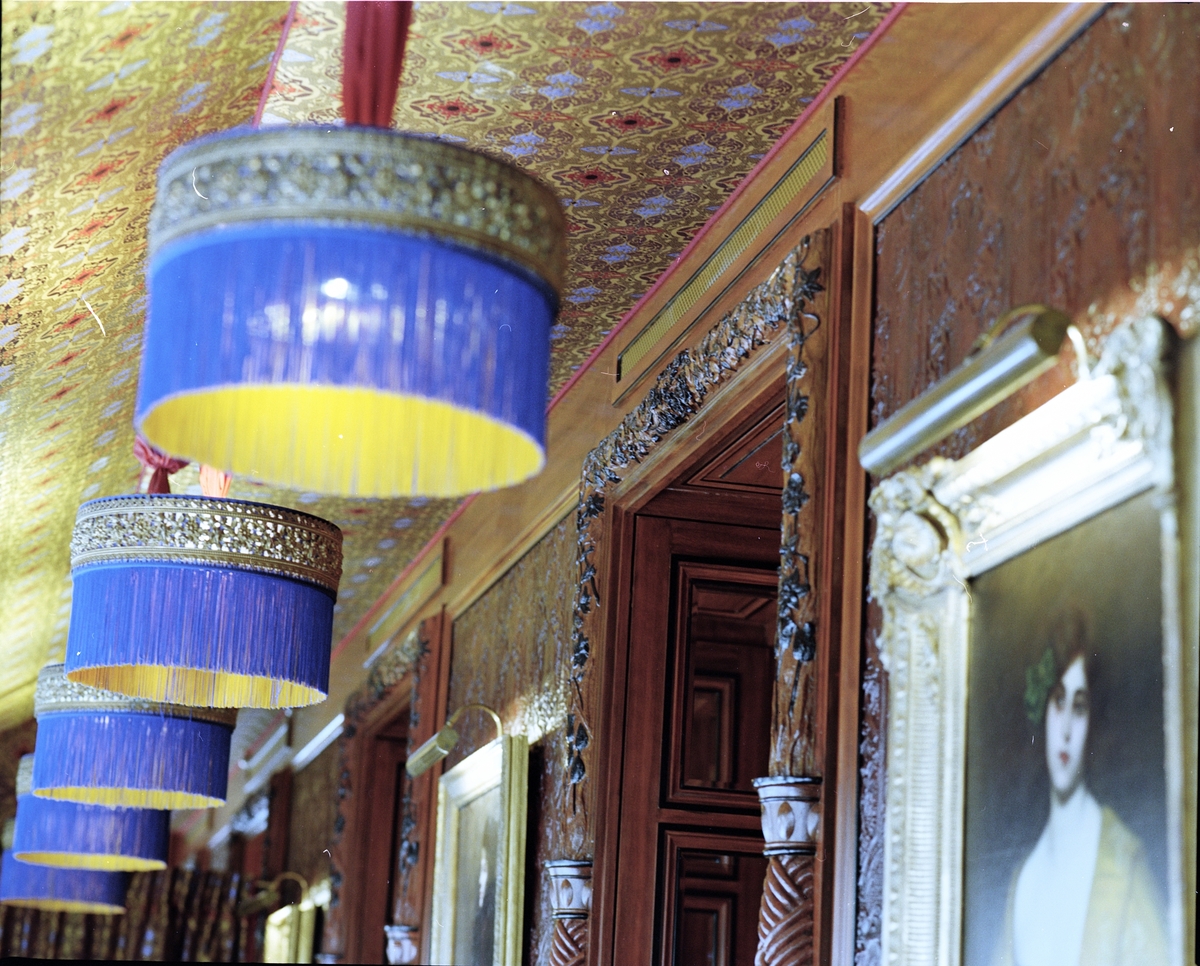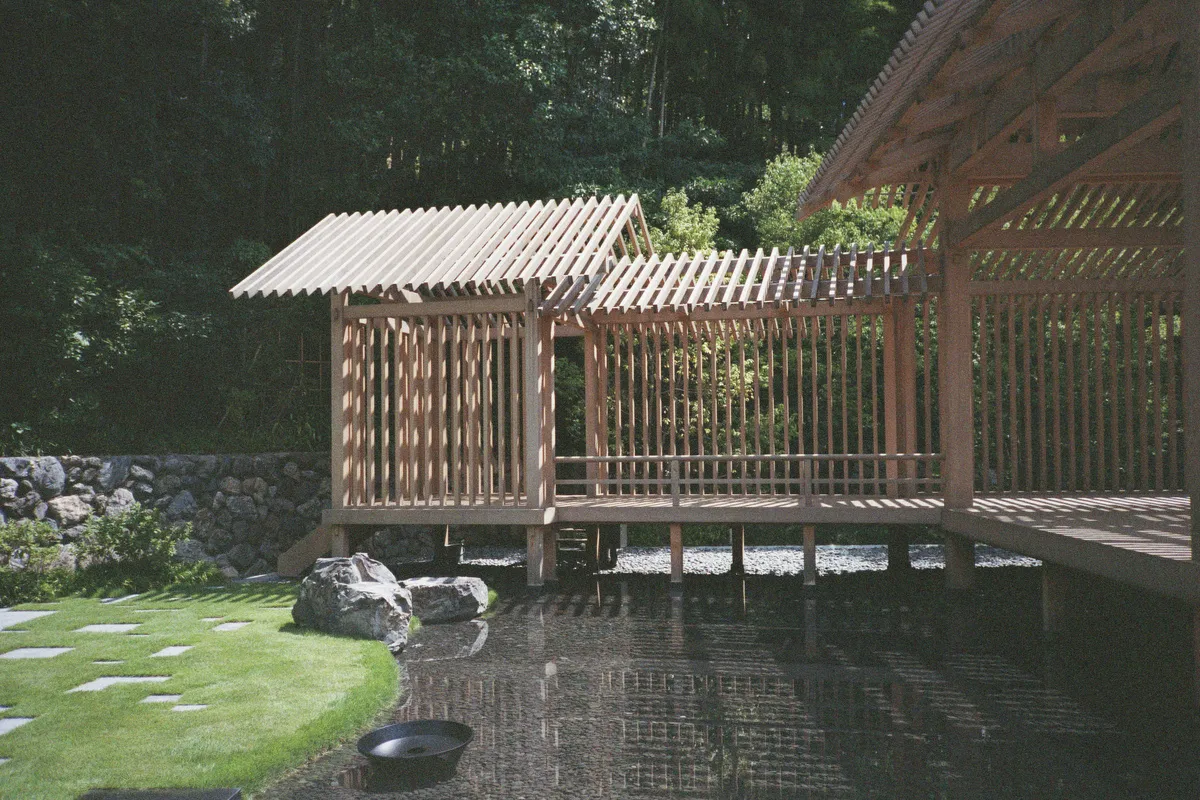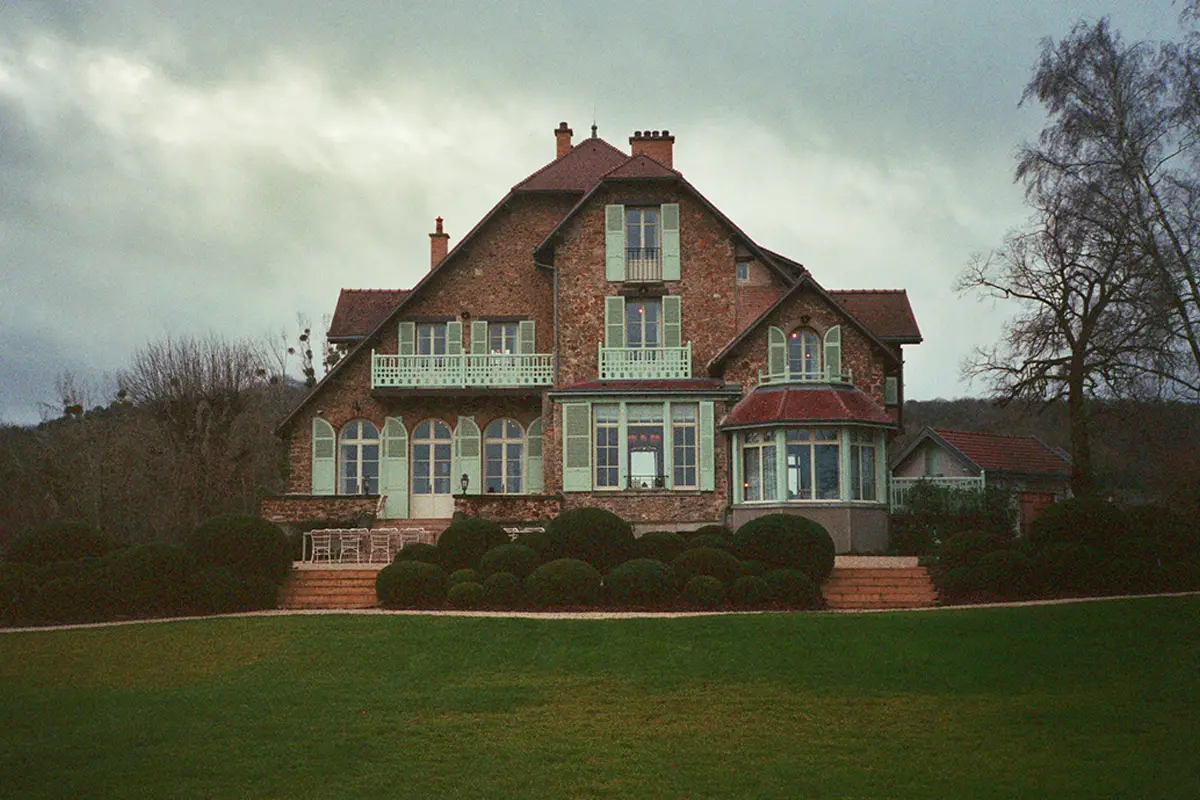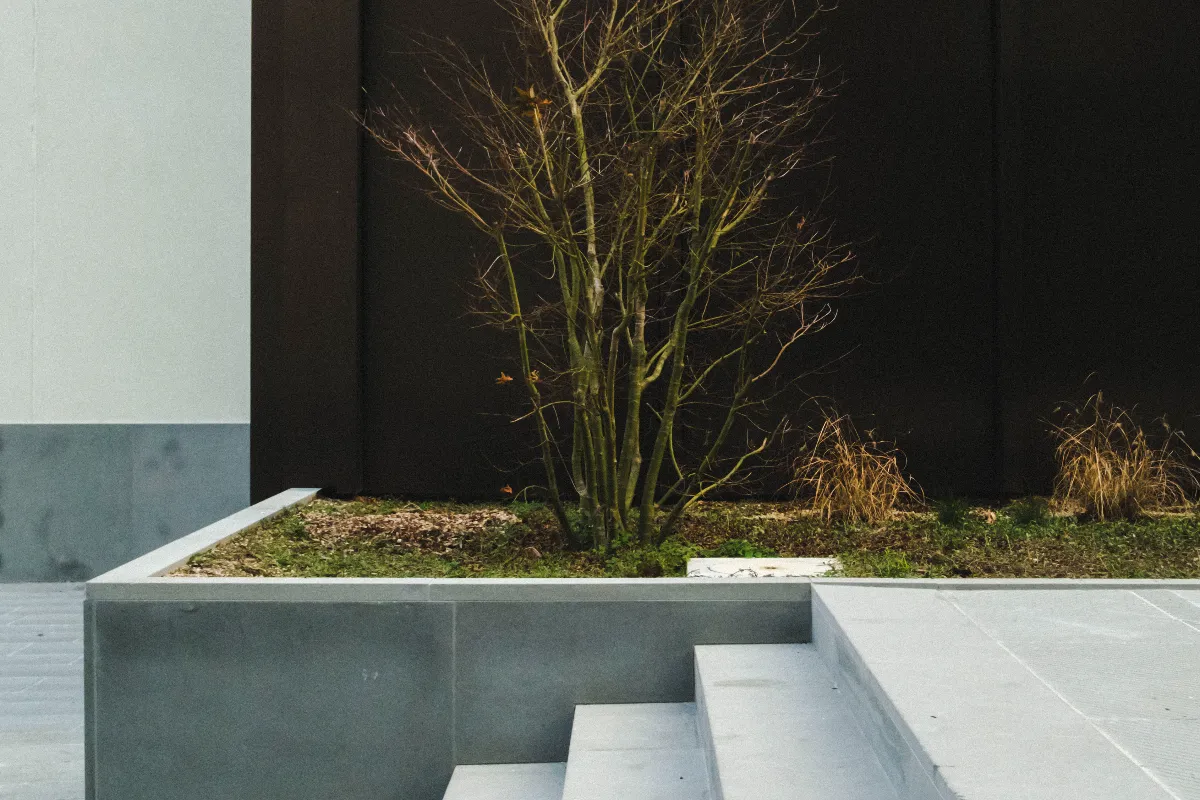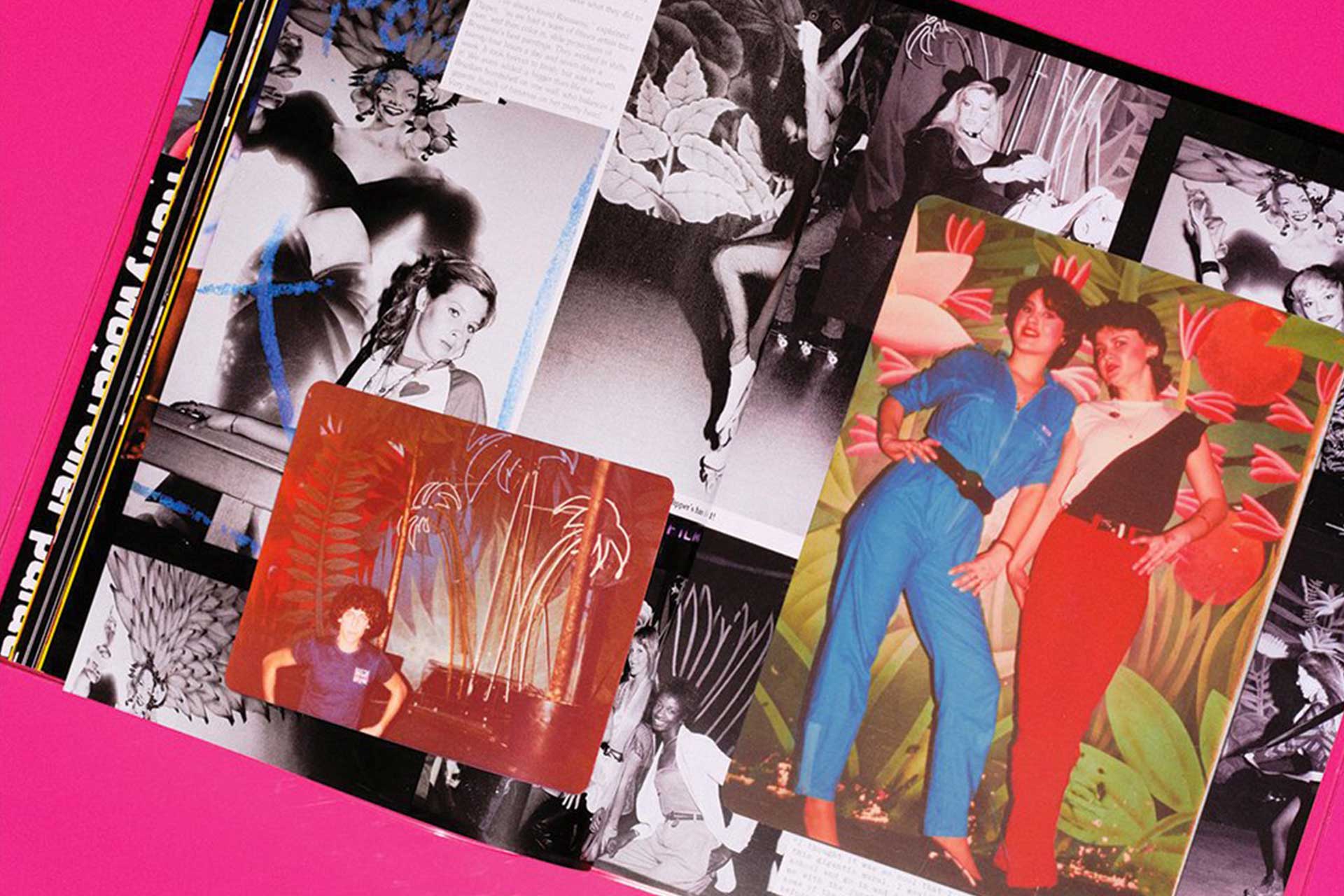
T0K10 Rotterdam: A Japanese-Inspired Concept Store Bringing Tokyo’s Wabi-Sabi Aesthetic to Europe
How a Rotterdam boutique channels Tokyo’s avant-garde fashion language, blending Japanese minimalism and streetwear ethos with an accessible, community-oriented retail experience
T0K10 Rotterdam fashion store inspired by Tokyo’s wabi-sabi design and Japanese avant-garde culture
T0K10 in Rotterdam was founded as an homage to Tokyo and its fashion culture, translated for an audience far from Japan. Founder Joep Jongen envisioned a space where individuals could immerse themselves in the design codes, subculture nuances and aesthetic sensibilities he experienced in Japan. From the beginning, his goal was to create a boutique where non-European design accents could coexist with the urban identity of Rotterdam.
Tokyo fashion influence in Rotterdam through Japanese designers and modern avant-garde style
Jongen often contrasts the design languages of European houses such as Yves Saint Laurent or Chanel with Japanese visionaries like Yohji Yamamoto and Rei Kawakubo. He sees Japanese fashion as rooted in modern minimalism, asymmetry and the avant-garde, often operating as the antithesis to Western fashion norms. Even in formal settings, Japanese professionals add small flourishes such as Hermès ties, subtly enhancing a refined look.
He notes that fashion in Tokyo offers a level of identity-building seldom seen in the West. Japanese designers and consumers naturally blend luxury, streetwear, heritage craft and personal expression. Western brands operating in Japan have increasingly adapted to this taste, with labels like Louis Vuitton gaining a loyal following among Japanese fashion enthusiasts.
Rotterdam’s T0K10 store shaped by Tokyo travel experiences and European fashion week exposure
A formative trip to Tokyo in his youth inspired Jongen to replicate the essence of that fashion environment in Rotterdam. After gaining experience as a buyer for a retailer and attending Paris Fashion Week, he realized the potential of curating designers outside the typical European lineup. With early financial backing, he shaped T0K10 into a compact boutique championing Japanese and global avant-garde creators.
Trained in urban planning and architecture, Jongen drew from both disciplines when developing the visual identity and physical layout of the store. His exposure to Japanese architecture and historic landmarks deepened his connection to the design philosophies he would later apply to T0K10.
Meaning behind T0K10 Rotterdam: A name shaped by local identity and Tokyo inspiration
The store name T0K10 merges the atmosphere of Tokyo with the urban spirit of Rotterdam. By replacing vowels with numbers, the word echoes the Rotterdam area code 010, tying the brand directly to its neighborhood. This code is commonly used by locals to express belonging to specific districts, making the name both symbolic and site-specific. The intention was to create a juxtaposition between a Japanese identity and Rotterdam’s cultural landscape.
Accessible fashion concept in Rotterdam inspired by global concept stores
Jongen’s visits to influential concept stores, including the legendary Colette in Paris, shaped his belief that fashion should be accessible, inspiring and democratic. T0K10 was developed as a place where young enthusiasts could explore designer fashion without feeling excluded by price or prestige. Even as the store now carries high-fashion pieces, the atmosphere remains welcoming, prioritizing curiosity and learning over elitism.
Designers and lifestyle items curated at T0K10 Rotterdam
T0K10 has expanded its selection over the years, now carrying designers such as Comme Des Garçons Homme Plus, Y-3 by Yohji Yamamoto, Sacai, Dries Van Noten and Gosha Rubchinskiy. The store also offers accessories and lifestyle items including MALIN + GOETZ, Medicom Toy and Les Eaux Primordiales, alongside magazines like 032c, I-D and Sleek Magazine. These additions allow visitors with varied interests to discover products beyond fashion alone.
Store location and interior: Wabi-sabi materials and a gallery-style layout
Set within Rotterdam’s central shopping area, T0K10 occupies a space situated between high-fashion retailers and more casual, community-oriented venues. This contrast mirrors the brand’s own identity. The interior uses wood and metal elements to express a Japanese wabi-sabi mood, thoughtfully executed with the help of architect Ludo Groen and cabinet maker Jacco Dost. Items are displayed in a gallery-like manner, emphasizing craftsmanship and form.
One distinctive feature is the absence of a traditional cash register. Instead, transactions happen directly between staff and customers, promoting an intimate and conversational shopping experience.
Sustainability practices and future direction of T0K10 Rotterdam
T0K10’s sustainability efforts include fostering a diverse team and maintaining responsible practices required by local regulations, such as recycling and avoiding plastic bags. Jongen highlights that the long-lasting quality of the products encourages thoughtful purchasing. Rather than pushing consumption, the store guides customers toward buying pieces they will use meaningfully over time.
The boutique is preparing to relocate to a larger space capable of showcasing an even broader selection of designers and lifestyle items. Plans for collaborations and events remain an ongoing part of its evolving identity.
Rotterdam store inspired by Tokyo wabi-sabi aesthetics and avant-garde fashion culture
Rooted in a fusion of Japanese design principles and European urban identity, T0K10 continues to stand apart in Rotterdam’s fashion landscape. With its curated mix of Japanese and European designers, wabi-sabi interiors and accessible philosophy, the store offers a unique cultural and stylistic dialogue within a compact but expressive retail space.

